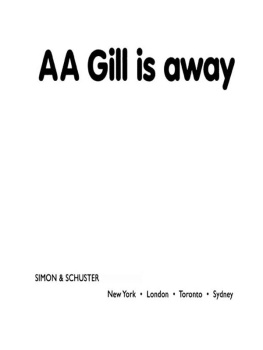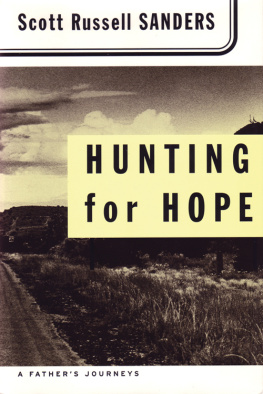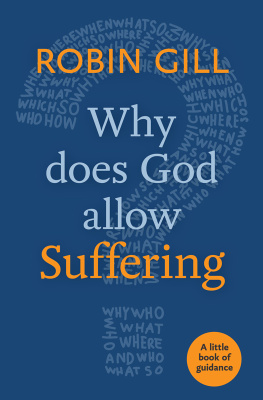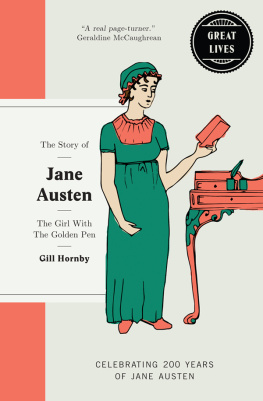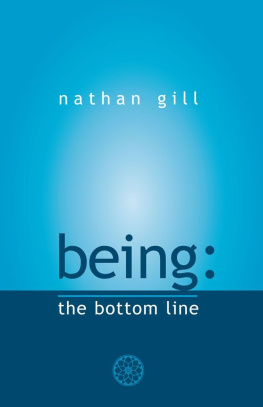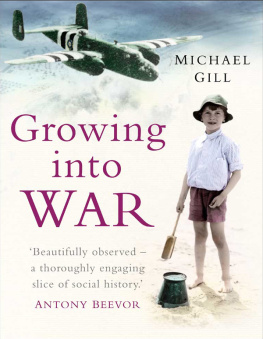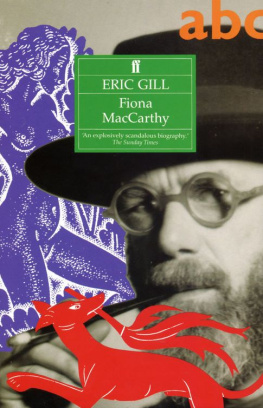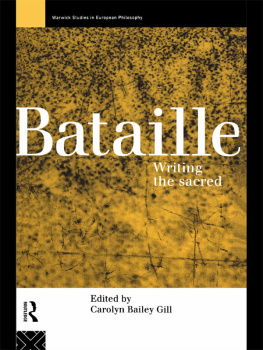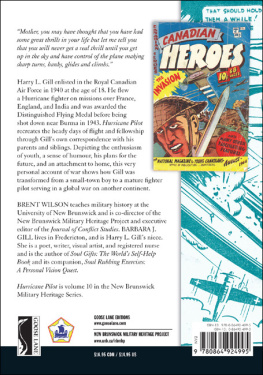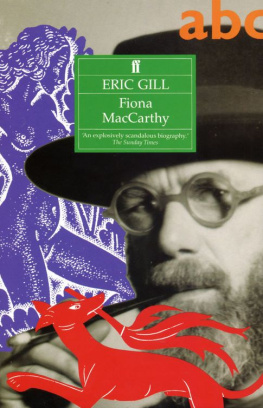A.A. Gill - The Angry Island: Hunting the English
Here you can read online A.A. Gill - The Angry Island: Hunting the English full text of the book (entire story) in english for free. Download pdf and epub, get meaning, cover and reviews about this ebook. year: 2007, publisher: Simon & Schuster, genre: Art. Description of the work, (preface) as well as reviews are available. Best literature library LitArk.com created for fans of good reading and offers a wide selection of genres:
Romance novel
Science fiction
Adventure
Detective
Science
History
Home and family
Prose
Art
Politics
Computer
Non-fiction
Religion
Business
Children
Humor
Choose a favorite category and find really read worthwhile books. Enjoy immersion in the world of imagination, feel the emotions of the characters or learn something new for yourself, make an fascinating discovery.

The Angry Island: Hunting the English: summary, description and annotation
We offer to read an annotation, description, summary or preface (depends on what the author of the book "The Angry Island: Hunting the English" wrote himself). If you haven't found the necessary information about the book — write in the comments, we will try to find it.
A.A. Gill: author's other books
Who wrote The Angry Island: Hunting the English? Find out the surname, the name of the author of the book and a list of all author's works by series.
The Angry Island: Hunting the English — read online for free the complete book (whole text) full work
Below is the text of the book, divided by pages. System saving the place of the last page read, allows you to conveniently read the book "The Angry Island: Hunting the English" online for free, without having to search again every time where you left off. Put a bookmark, and you can go to the page where you finished reading at any time.
Font size:
Interval:
Bookmark:

AA Gill is away

Simon & Schuster
1230 Avenue of the Americas
New York, NY 10020
Copyright 2005 by A. A. Gill
All rights reserved, including the right to reproduce this book or portions thereof in any form whatsoever. For information address Simon & Schuster Subsidiary Rights Department, 1230 Avenue of the Americas, New York, NY 10020
Originally published in Great Britain in 2005 by Weidenfeld & Nicolson
S IMON & S CHUSTER and colophon are registered trademarks of Simon & Schuster, Inc.
Visit us on the World Wide Web:
http://www.SimonSays.com
Library of Congress Cataloging-in-Publication Data
Gill, A. A., date.
The angry island : hunting the English / A.A. Gill. -- 1st Simon & Schuster hardcover ed.
p. cm.
Originally published: London: Weidenfeld & Nicolson, 2005.
Includes index.
1. National characteristics, English. 2. England--Social life and customs--21st century. I. Title.
DA118.G55 2007
305.82'1--dc22
2007007884
ISBN-13: 978-1-4165-4560-6
ISBN-10: 1-4165-4560-3
This book is for my mother, Yvonne Gilan,
without whose good breeding
and astute timing I might well have
been born one of them
This is a collection of prejudice. Opinions based on a lifetimes experience. Identifying what it is that makes a nation a people and not just a random collective of individuals who happen to share the same geography is a risky business, but we all know that nations are recognizable and different from each other. Its almost too obvious to dispute that Canadians are not like Brazilians and the Irish are not synonymous with the Jews. A national character, when self-defined, is the stuffing of patriotism and pride. It is also the source of umbrage when the observation is made by foreigners.
The English are the most enigmatically indecipherable people when seen from outside. Even from the inside, what is definable isnt always understandable. Their homespun enigma is itself part of the carefully engineered English mythology. When I was first considering writing this book, an American said: Oh God, please, write an owners manual for the English. We look at them and theyre so familiar, but so alien and weird. I have no idea how you make or repair an Englishman.
This isnt quite an owners manual, but it is a series of observations drawn from having lived amongst the English but never having felt one of them. This is not a book of facts. Facts are inert things. Facts are what pedantic, dull people have instead of opinions. Opinions are always interesting. What people deduce and make out of their own lives is what attracts and informs. Never mistake a fact for the truth. The English, of course, are inordinately fond of factsthey hoard them and throw them through the windows of home truths. But facts are only the scaffolding, the trellis up which bright opinions are grown. So dont look for proofs here, theres precious little forensic evidence. This is just what I know to be true.
I s England like this?
I looked out of the dusty window at the red earth and the swaying blue gums. The acacious scrub along a drainage ditch was an equivocal ribbon of slum that occasionally bulged into a sprawl of shanty suburb. That unmistakable global vernacular. The architecture of invisible people. In the distance vines neatly engraved the curves of rolling hills; all basked under the deep azure sky.
We were driving out of Cape Town. The taxi driver, who had kept up a desolate monologue for an hour, a well-thumbed and threadbare litany of homespun irritation, suddenly asked: Is England like this? Like this? No, not really. Not remotely, actually. The question was laughable. Few places are as precisely not England as the southern tip of Africa. He was an Afrikaner, a Boer. An old man who bitterly clung to the bottom rung of his own tribes hierarchy and was now being squeezed and threatened by the pressure of these squatter camps and the turn of historys screw. This was probably the epitome of some kind of England for himthat other pale tribe who had colonized this land. The Cape was the heart of English Africa. Ten minutes earlier, we had passed a memorial to that archetypal Englishman Cecil Rhodes, a statue of a heroic man on a horse which, weirdly, is a cast of one called Physical Energy by George Frederic Watts that I walk past on wet autumn Sundays in Kensington Gardens.
Well, what is England like, then? he asked, and the tone was just the other side of polite tourists enquiry. I continued to stare out of the window. I didnt want to get into the unstated current of this conversation. What is England like? I dipped into the bran tub of trite and came up with hedges. Hedges and sheep. He snorted. We drove on in silence.
Its a question thats been tugging my sleeve ever since. What is England like? Im a member of that postwar generation who first grabbed the benefit of cheap and easy international travel. Our parents went to the seaside, the Lakes and the Dales; we went to the Balearics, the Cyclades and Kathmandu. And then swiftly leapfrogged the globe.
We didnt do England, unless it was to visit relatives or go to school. I can recognize the England in the Cape or in Simla, Hong Kong and the Costa Brava. Those little deposits of Blighty that are by turns charming, absurd and embarrassing. But the original, the real England, I only see occasionally through the dreary windowfrom the motorway or train, or on the television. Its familiar from books and magazines and conversation, but secondhand. A strangely alien place. Its a shock to realize that Im more familiar with East Africa than I am with East Anglia. One of the reasons Ive traveled as much as I have is because of Kiplings rhetorical question: What should they know of England who only England know? but a Boer taxidriver made me think that I dont actually know England at all. That begs yet another rhetorical question, how can you truly know where youre going if you dont really know where youve come from?
Now, some months later, here I am at the edge of England. This is where it starts. And if the cloud hadnt crashed, Id be able to see some of it. Today the weather has got so fed up and lazy it cant even be bothered to rain with panache. Its just lying here on its back being wet. I suspect if you ask most Englishmen where England started, theyd say Dover. The White Cliffs. Named by the Tourist Board Shakespeares Cliffs. What could be more English than Shakespeare and chalk?
This is the chalk that the Continent is cheese to. This is the bastion, the great white wall that separates the them from the us. This is what has made England first and last. Its an island. Everything thats English stems from this apartness. Exceptpoint of order hereEngland isnt an island, its half an island. And Im not standing at its southern tip, but at its northern end. For me and the other half of this island, England starts up here, on Hadrians Wall. No one ever says Scotlands an island, though it is just as much one as England is.
Hadrians Wall is only a great big disappointment if you come to it without expectations. If you visited it with a completely open mind, it would be distinctly underwhelming. Possibly one of the most underwhelming experiences of an unexceptionally uneventful life. Its a peasants outward-bound park of signposts.
The English are addicted to public labels. Ive never been anywhere that has such a pressing need to subtitle, footnote and instruct the particular. Hadrians Walls labels draw your attention to things that arent there, but might once have been. So we all slither along, looking at invisible gatehouses, barracks and communal lavatories. It would be funny if it werent so damned sheep-shit miserable. But of course, us natives dont come here without expectations. We have heads full of them. We can see it all, the Eagle of the Ninth, the legionaries huddled in their cloaks. We can smell the peaty fires, hear the centurion bark orders and the cohorts march pastdexter sinister, dexter sinister. We look north with a weary weather eye, over the great defensive ditch for signs of the fearsome-painted Scot. In our collective imagination we understand that this isnt just where England begins topographically; its where, for that long rumpty-tumpty epic, England really kicks off. Hadrians Wall is the first page. The start of history. Before the Romans there were some mythical them, and after the Romans, its the beginning of us. Never mind that this was actually Italys garden wall built by Germans and garrisoned for the most part by poor bloody Belgians, its England. A cliff at one end, a wall at the other.
Font size:
Interval:
Bookmark:
Similar books «The Angry Island: Hunting the English»
Look at similar books to The Angry Island: Hunting the English. We have selected literature similar in name and meaning in the hope of providing readers with more options to find new, interesting, not yet read works.
Discussion, reviews of the book The Angry Island: Hunting the English and just readers' own opinions. Leave your comments, write what you think about the work, its meaning or the main characters. Specify what exactly you liked and what you didn't like, and why you think so.


